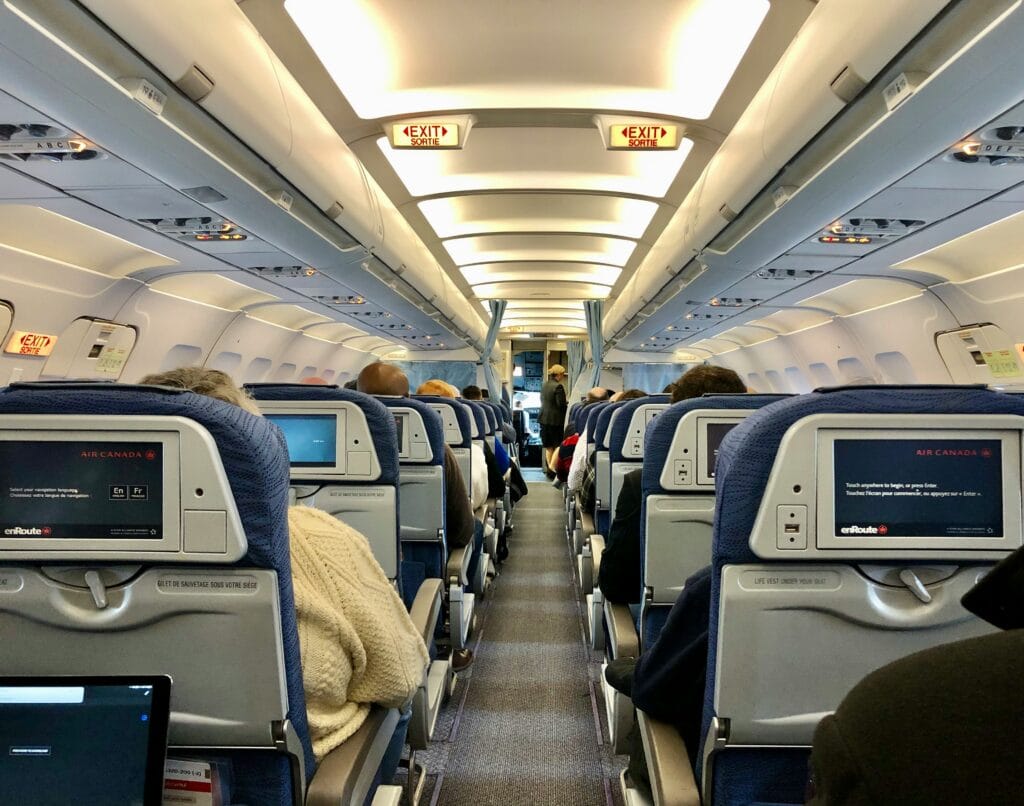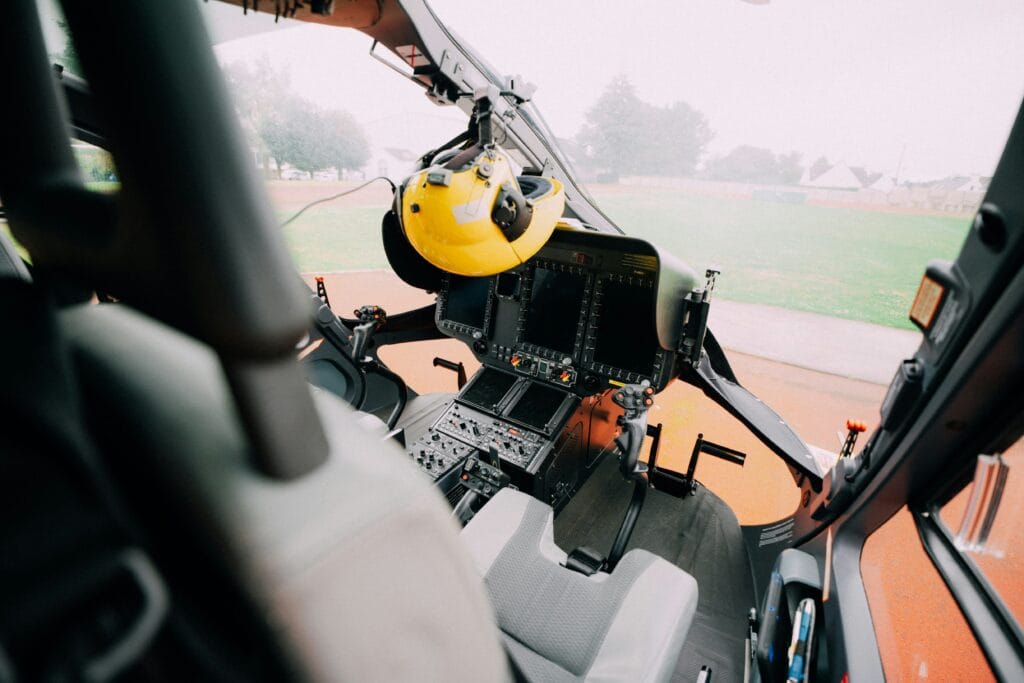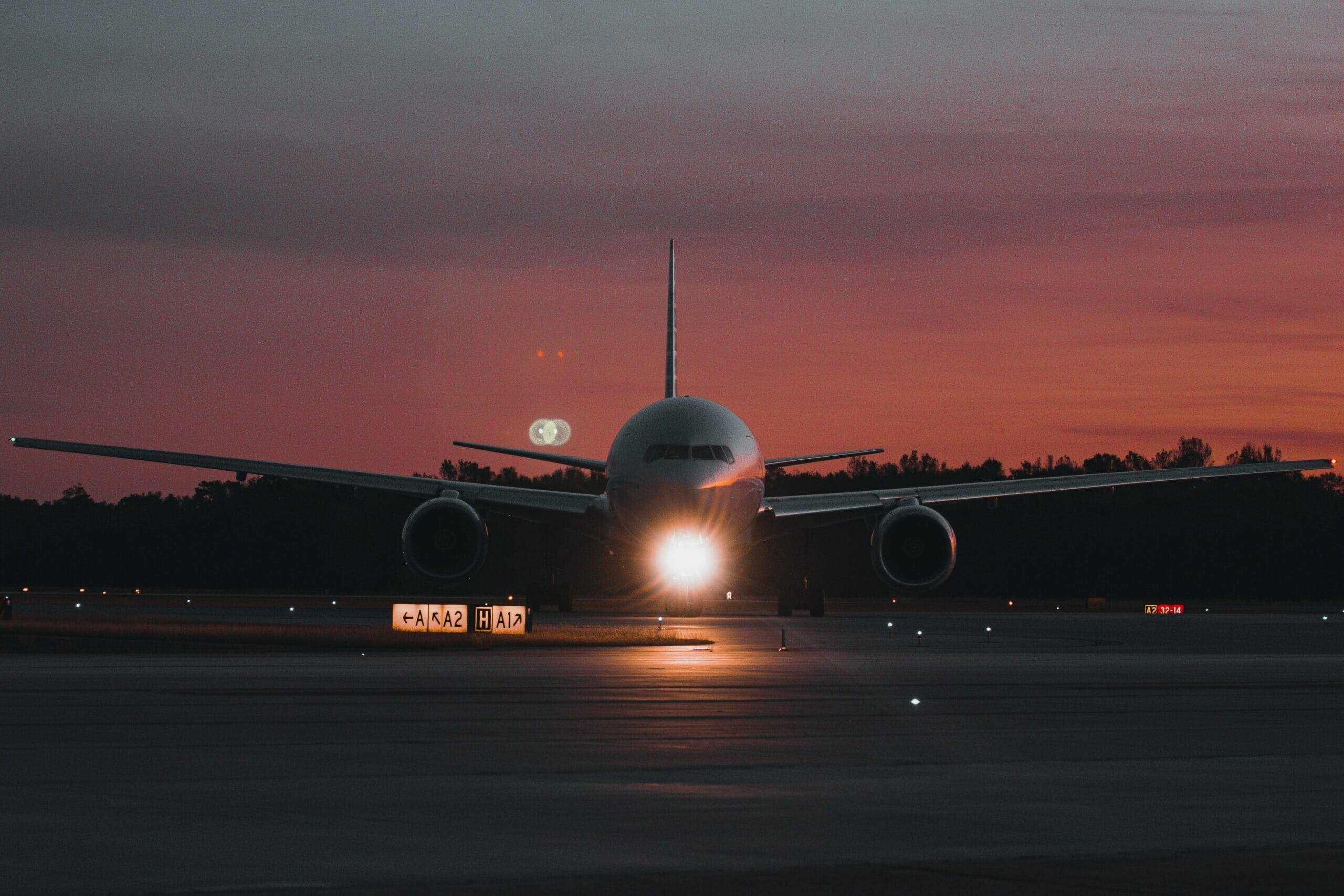Aviation is evolving faster than ever. In 2025, flight technology is not just about speed — it’s about smarter operations, greener skies, and safer journeys. From AI-driven decisions to electric aircraft, this year’s breakthroughs are transforming how we fly.
Here’s a roundup of the top 10 innovations that are set to define the future of aviation.
🚀 1. AI-Powered Flight Operations
Artificial intelligence is now at the heart of modern flight operations. It helps airlines optimize flight paths, reduce fuel usage, and improve on-time performance. For example, platforms like Honeywell Forge use real-time data to make better decisions mid-air.
🛠️ 2. Predictive Maintenance
Instead of waiting for a problem to occur, predictive maintenance uses sensors and data analytics to detect issues before they happen. This means fewer delays, safer flights, and lower maintenance costs.
📶 3. In-Flight Connectivity & 5G
Passengers now expect seamless internet access in the air. With advancements in satellite technology and 5G, airlines are improving connectivity for both crew and travelers, offering smoother operations and better customer experiences. For more information on data protection and privacy in aviation, visit IATA’s Data Protection & Privacy.

♻️ 4. Sustainable Aviation Fuel (SAF) & Hybrid Engines
As climate change demands action, airlines are adopting sustainable aviation fuels and hybrid engines. These alternatives cut emissions and help the industry work toward a net-zero future. Learn more about Boeing’s commitment to sustainability here.
🧠 5. Smart Cockpit Interfaces
Touchscreen dashboards, real-time alerts, and voice-command systems are replacing legacy flight decks. These technologies enhance pilot decision-making and reduce human error.

🛰️ 6. Autonomous Taxiing Systems
Autonomous taxi systems guide aircraft safely to and from runways without human input. This innovation reduces fuel use and airport congestion, saving time and costs on the ground.
🧩 7. Digital Twin Technology
Digital twins are virtual models of aircraft systems. Engineers use them to test how a real airplane will behave under different conditions. As a result, airlines can prevent failures and reduce downtime.
🛩️ 8. eVTOLs & Urban Air Mobility
Electric vertical take-off and landing vehicles (eVTOLs) are redefining short-distance air travel. These flying taxis could soon replace cars for city commutes, making travel faster and greener.
🛡️ 9. Cybersecurity in Aviation
With increasing reliance on digital systems, cybersecurity is now a top priority. Advanced encryption, secure data sharing, and AI-based monitoring help protect aircraft systems from threats in real time.


📊 10. Real-Time Passenger Experience Analytics
AI is also enhancing the passenger experience. Airlines now offer personalized menus, seat lighting, and entertainment options based on traveler preferences — making flights more enjoyable than ever.
🧭 Final Thoughts
Flight tech in 2025 is about more than innovation — it’s about safety, sustainability, and smarter skies. At JetFlux, we’re excited to see how these breakthroughs will reshape the future of aviation services.
🔗 Read more on Ground Handling Services | Cargo & Logistics Support
